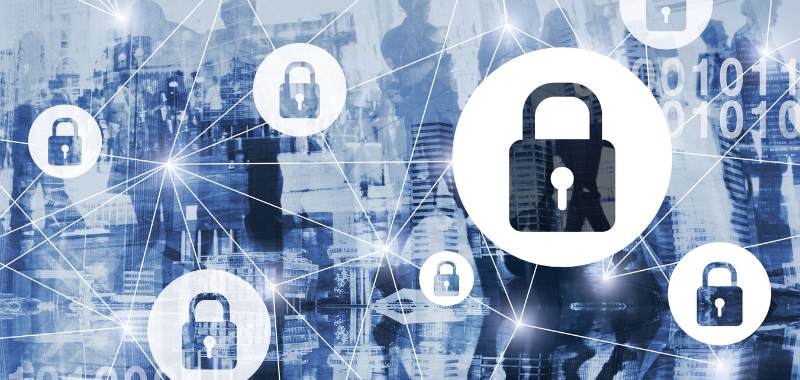Numerous businesses are now operating digitally after making the necessary transitions. As companies continue to utilise the plethora of information and resources made available by the government, software, and industry associations, the landscape for small enterprises is gradually changing.
What happens once a company makes the switch to the internet?
Cyber Security Threats:
Any digital information that a firm develops and retains, as well as any data you have gathered from customers, must be protected. To safeguard a company from cybercrime and to gain and keep customers’ trust, a secure system is essential. Due to inadequate cyber security, cybercrime is continually on the rise and many smaller firms are incredibly vulnerable.
Protecting from these types of issues is not much difficult. There are simple measures that if we understood and implemented, can avoid or reduce the impact of most common cyber security incidents.
Steps to protect from Cyber Security Threats:
Back Up – A firm can retrieve any information lost in the event of a cyber incident or computer problems by regularly backing up its data and website. Getting incremental off-site cloud backup is the simplest option. You can use it to restore any of your files and folders to their previous states on any given day in the past.
Devices – Install security software on all business computers and devices to help prevent malware viruses and make sure every time it is updated. Set up firewall as a gatekeeper and turn on spam filters.
Multi Factor Authentication (MFA) – A security process that requires 2 or more proofs to identify is MFA. Use it for your business systems.
Passphrases – To protect access to devices and networks that contain vital company information, use passphrases rather than passwords. Passphrases are passwords that consist of a phrase or a group of words. They are easy for people to remember but hard for computers to figure out. Visit the Australian Cyber Security Centre for further information about passphrases. Click here for further advice on how to remember passwords.
Admin Privileges – With administrative rights, one can perform more difficult or delicate operations than usual, such installing software or opening new accounts. These will not be like regular rights or privileges for guest users. Criminals frequently look for these rights to give them more access and power over a company.
Computer – Maintain a record of all the computer systems and software that a business uses.
Online Safety – The first and last lines of defence against cyber threats can be the staff. It is crucial to ensure that every employee is aware of the dangers they may encounter and their contribution to a company’s safety. Employees can work with more assurance if they are protected from cyberattacks and business information loss by cyber security.
Customers – Customers should be protected because personal information is one of the most valuable resources in the digital age. A virus is quite capable of selling or even using personal information about your customers or employees to steal their money if it can get its hands on it. The security of all customer information is essential.
Insurance – Consider cyber liability insurance, which can assist a business with the costs associated with recovering from an attack.
Credits:

Naveen A
OSS & BK Team




